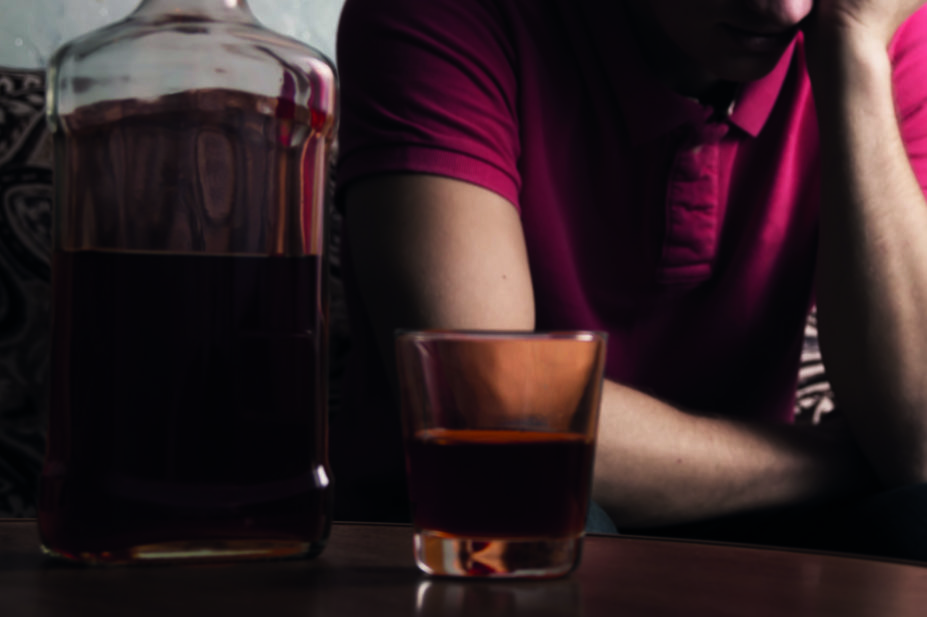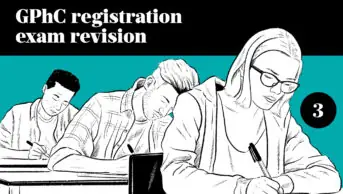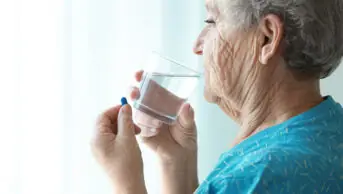
Shutterstock.com
Researchers at Imperial College London are to conduct the world’s first clinical trial into the use of the active ingredient in ecstasy, MDMA, for treating alcohol addiction.
Twenty patients with relapsed alcohol addiction will be given supervised doses of the drug alongside psychotherapy to assess the safety and tolerability of the treatment.
The trial was recently given ethical approval and is due to begin within the next couple of months.
Ben Sessa, a clinical psychiatrist working on the trial, said the drug has previously been shown to benefit people with trauma. He hypothesized that it could also help people with alcohol addiction, given that many with alcohol addiction have experienced trauma that is frequently suppressed.
He said: “MDMA-assisted psychotherapy offers the traumatised patient an opportunity to work through and overcome their trauma very effectively.”
Before the eight-week trial, 20 patients recruited from alcohol support groups will undergo medical detox with high-dose benzodiazepines. They will then receive a total of 10 two-to-one psychotherapy sessions over eight weeks with a male–female therapist pair. At two occasions on weeks three and six, they will receive MDMA in the morning and remain in the clinic until the next morning when they will have another psychotherapy session.
The proof-of-concept trial is intended to look at safety and tolerability of the treatment and if it goes well, the researchers hope to progress to a placebo-controlled trial.
Sessa noted that some of the risks attributed to the drug in recreational use are related to impurities and the circumstances in which it is taken, such as in nightclubs. He added that the risks could be reduced in a clinical setting with appropriate safeguards in place.
“We cannot make conclusions about the safety of clinical MDMA based on what people do with recreational ecstasy, it is very different in a medical setting,” said Sessa.
Participants in the trial will receive pharmaceutical-grade MDMA and will also be followed up daily for a week after each dose to assess mood and suicide risk.
Currently, around 90% of people with alcohol addiction relapse within four years of completing treatment. Existing treatments include various forms of psychological therapy including group and one-to-one therapy, cognitive behavioural therapy and residential treatment, while drug treatments include those that reduce cravings, such as acamprosate, or deter drinking, such as disufiram.
You may also be interested in

Preparing for the GPhC registration exams: how to revise learning outcomes relating to clinical knowledge and therapeutic approaches

Antipsychotic drugs in dementia treatment associated with range of adverse reactions
